PTFE (Polytetrafluoroethylene) is a synthetic polymer commonly known by the brand name Teflon. It is widely used due to its exceptional chemical resistance, low friction properties, and high-temperature tolerance.
Why Use PTFE for Gaskets?
PTFE is commonly used in gasket applications for various reasons:
- Chemical Resistance: PTFE is highly resistant to a broad range of chemicals, making it ideal for gaskets in harsh chemical environments.
- High Temperature Resistance: It can withstand extreme temperatures, both high and low, without degrading.
- Non-stick Properties: PTFE’s non-stick surface makes it resistant to wear and helps maintain the integrity of seals over time.
- Electrical Insulation: PTFE also offers electrical insulation, which can be beneficial in specific gasket applications.
Applications of PTFE Gaskets
PTFE gaskets are used in a variety of industries:
- Chemical Industry: For sealing pipes, valves, and reactors where aggressive chemicals are used.
- Food and Beverage Industry: As PTFE is FDA-approved, it is used in gaskets for equipment that handles food processing.
- Pharmaceutical Industry: PTFE is used for sealing in drug manufacturing equipment due to its non-reactivity.
Types of PTFE Gaskets
PTFE gaskets come in various forms, depending on the needs of the application:
- Solid PTFE Gaskets: Used in less demanding environments with standard sealing requirements.
- Expanded PTFE Gaskets: These are more flexible and conform better to irregular surfaces.
- Graphite-filled PTFE Gaskets: Often used when high compressibility and strength are required.
Conclusion
PTFE is a versatile material that can be used effectively as a gasket in numerous industries, offering durability, resistance, and long-lasting performance in challenging conditions.

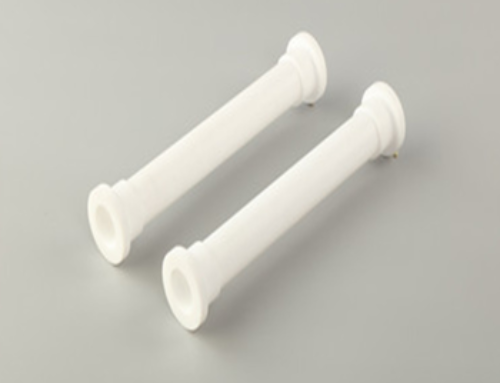
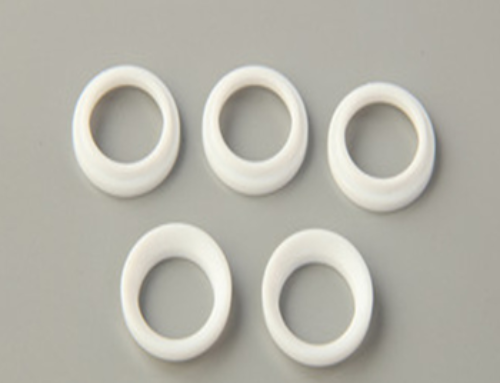
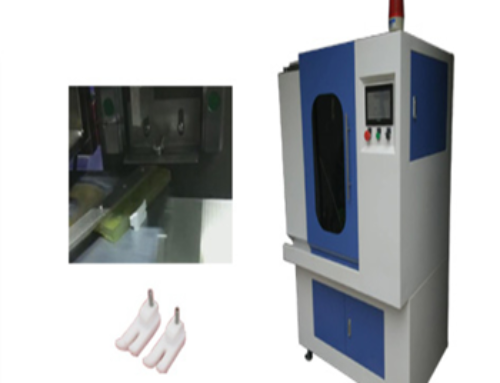
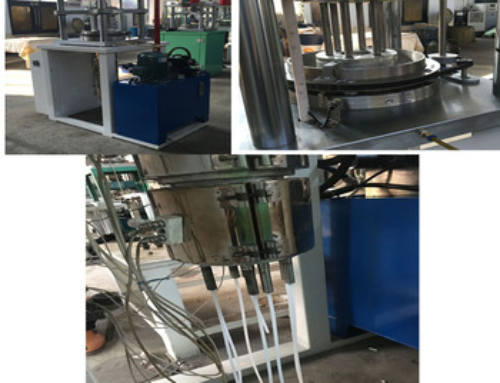
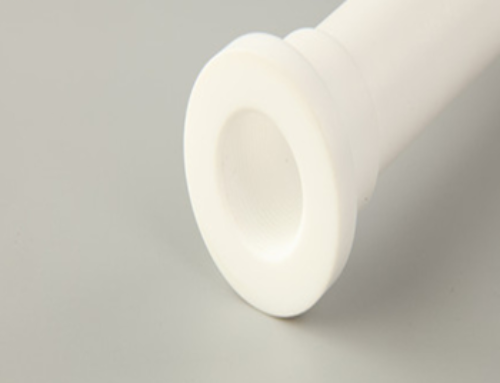

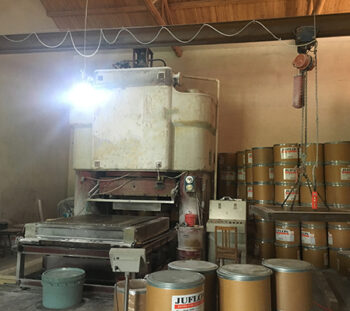
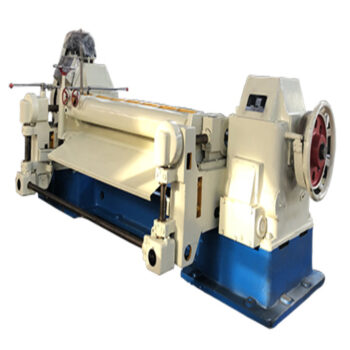
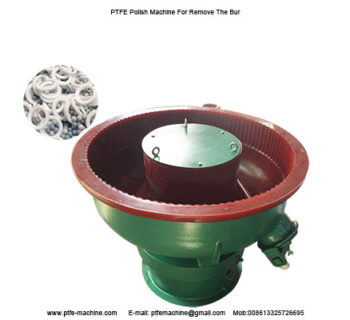
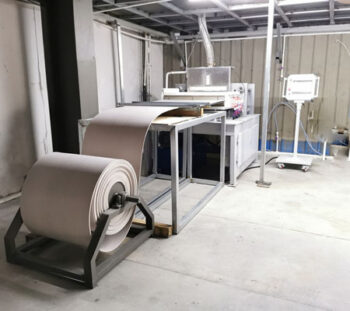
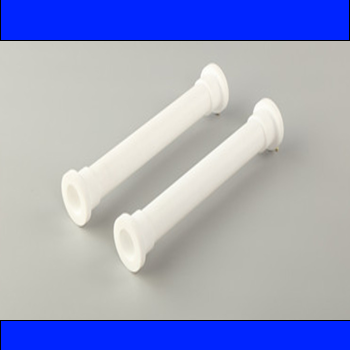

Leave A Comment
You must be logged in to post a comment.